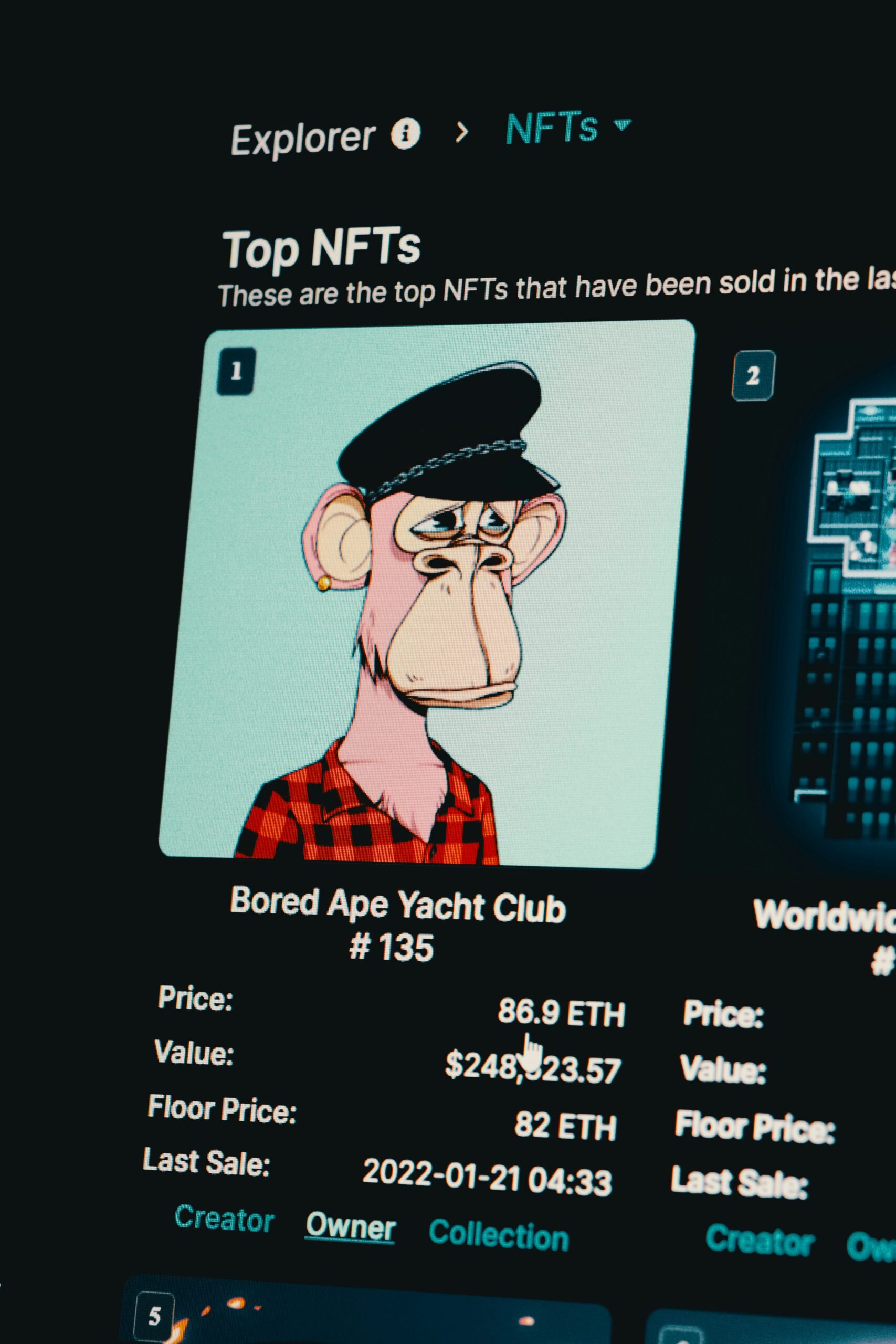The digital realm has been turned upside down by non-fungible tokens (NFTs), which have completely transformed the notion of ownership and authenticity. While they were initially connected with collectables and digital art, NFTs have broken through limitations to enable innovation that goes beyond just collecting items. This article investigates why people are still captivated by NFT technology as well as its potential role in various industries including entertainment, fine arts market etc., not limited only to collectibles.
The art industry has led the way in utilizing NFTs, with both digital artists and conventional institutions using them as a fresh outlet for self-expression and financial gain. Through tokenizing their creations via NFT platforms, artists can now establish ownership of digital artwork while maintaining authenticity on blockchain networks. This novel development has made it possible for creators to enter the art marketplace without having to go through traditional routes or intermediaries—opening up opportunities worldwide for collectors everywhere.
The advent of NFTs has opened up novel avenues for artists to earn income. By participating in online auctions and marketplaces, digital artworks have sold at impressive prices. Top-tier sales like Beeple’s “Everydays: The First 5000 Days” raking in $69 million have gained widespread recognition while legitimizing the worth of digital art among collectors and investors alike.
NFTs are promoting creativity in the entertainment sector besides their impact on art trading. They present fresh prospects for content creators, musicians, and filmmakers to make gains from their creations while also engaging with audiences.
Revolutionizing the entertainment industry, NFTs enable creators to tokenize their intellectual property and tap into new revenue streams. Musicians can now release exclusive albums or singles as NFTs, offering unique perks and experiences that only fans who purchase them can access. By bypassing traditional distribution channels and intermediaries, this direct-to-fan engagement means artists have greater control over their work and earnings.
In the same vein, movie producers and other creators can convert their content into NFTs that fans may purchase to claim a share of ownership. This would apply to favourite TV series or digital media as well. Acquiring an NFT grants certain privileges such as firsthand access to exclusive footage, merchandise not available elsewhere, in addition, residual earnings from future revenue streams.
Possible Applications Beyond Collectibles: Although NFTs have made a big impact on the fields of art and entertainment, their potential applications go well beyond collectable items. NFTs can serve as proof of ownership for diverse kinds of assets, such as intellectual property rights or digital identities. For example, by leveraging NFT technology to digitize real estate titles and enable fractional ownership arrangements for valuable properties, the real estate sector could undergo a major transformation. Investors would be able to buy shares in high-value properties represented by NFTs, which could promote greater market liquidity and accessibility within this industry.


The potential of NFTs extends towards validating digital identities and professional qualifications, including academic degrees, licenses and certifications. Through tokenizing these credentials on the blockchain ledgers, people can confidently demonstrate their achievements to simplify tasks like job applications or validations for credential verification as well as enrollment records.
Industries outside of collectables are being transformed due to the sustained interest and innovation in NFTs, offering creators, investors, and consumers new possibilities. The impact is broad-ranging from revolutionising how art is sold and consumed to opening up opportunities for real estate industry use cases and digital identity solutions. This highlights NFT’s contribution to driving a more inclusive society by providing transparency through decentralisation paving the way towards a better future. As this ecosystem evolves further it remains key that stakeholders scrutinise potential benefits while embracing the transformational power non-fungible tokens hold in shaping the digital economy.
